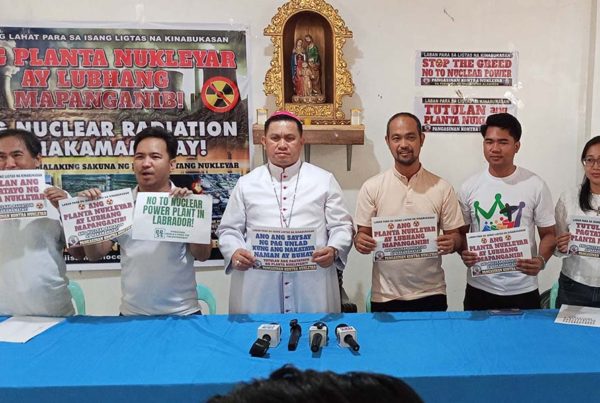Malong, Palaris honored on 126th Independence Day
TWO Pangasinan heroes were honored during the 126th Independence Day celebration on June 12 in a fitting program held at the Sison Auditorium hosted by the provincial government.
Dr. Melchor Orpilla, Komisyon ng Wikang Filipino commissioner for Pangasinan language and head of the Pangasinan State University-Bayambang Laboratory High School, cited the contributions of Andres Malong and Pantaleon Perez (popularly known as Juan dela Cruz Palaris) in his speech as main speaker for the occasion..
Orpilla said that from the clan of Anacbanua ng Binalatongan), Malong studied at San Juan De Letran in Manila, returned to the province and served as a political leader. Malong became an alcalde mayor or governor, and then maestre de campo, the highest rank for a native Filipino.
In 1660, the Malong Revolt broke out in the Philippines, led by Andres Malong of Binalatongan (now San Carlos City in Pangasinan). The revolt was an attempt to overthrow Spanish colonial rule and establish an independent Filipino state. Malong and his followers were encouraged by the recent Dutch takeover of Manila, which had briefly disrupted Spanish control of the region.
The Malong Revolt was a significant event in Philippine history, as it was one of the earliest organized attempts to challenge Spanish colonial rule. It was also a reminder of the fragility of local resistance movements, which often lacked the resources and support necessary to mount a successful challenge to colonial power. The Malong Revolt ultimately failed, but it laid the groundwork for future rebellions and uprisings against colonial rule.”
Meanwhile, the Palaris Revolt, also known as the Pangasinan Revolt, another significant event in the history of the Philippines, was a rebellion that occurred in 1762, led by Juan dela Cruz Palaris in Binalatongan, Pangasinan. The revolt started as a protest against the Spanish government’s imposition of tributes on the local people, but it soon escalated into a full-blown rebellion that lasted for two years.
Orpilla said, “Isang mahalagang pansinin sa pag-aalsa ni Palaris ay ang kanyang pagiging papolar dahil dala-dala at ipinaglaban hanggang sa huling hininga niya ang hinaing ng mga ordinaryong tao. Siya ay mula sa angkan ng mga timawa, ayon kay Cortes. Ang mga timawa sa sinaunang Pangasinan ay mga ordinaryong mamamayan, plebeyo, o hindi gaanong kahalagahan, hindi mula sa mga Anacbanua o mga namumunong uri ng mga naturales. Kaya’t may mga matatandang Pangasinan na ginagamit ang salitang timawa sa panlalait o pangmamata sa kapwa.”
Orpilla stressed that the two Pangasinan heroes gave two important lessons in history: ang pagpapahalaga sa pangkanawa-nawa ng bawat mamayan, at ang pikakasakëy sa ordinaryong mamamayan .
Orpilla challenged Pangasinenses to protect these lessons by being informed and to get involved in political events in the society and national security. (Eva Visperas)







